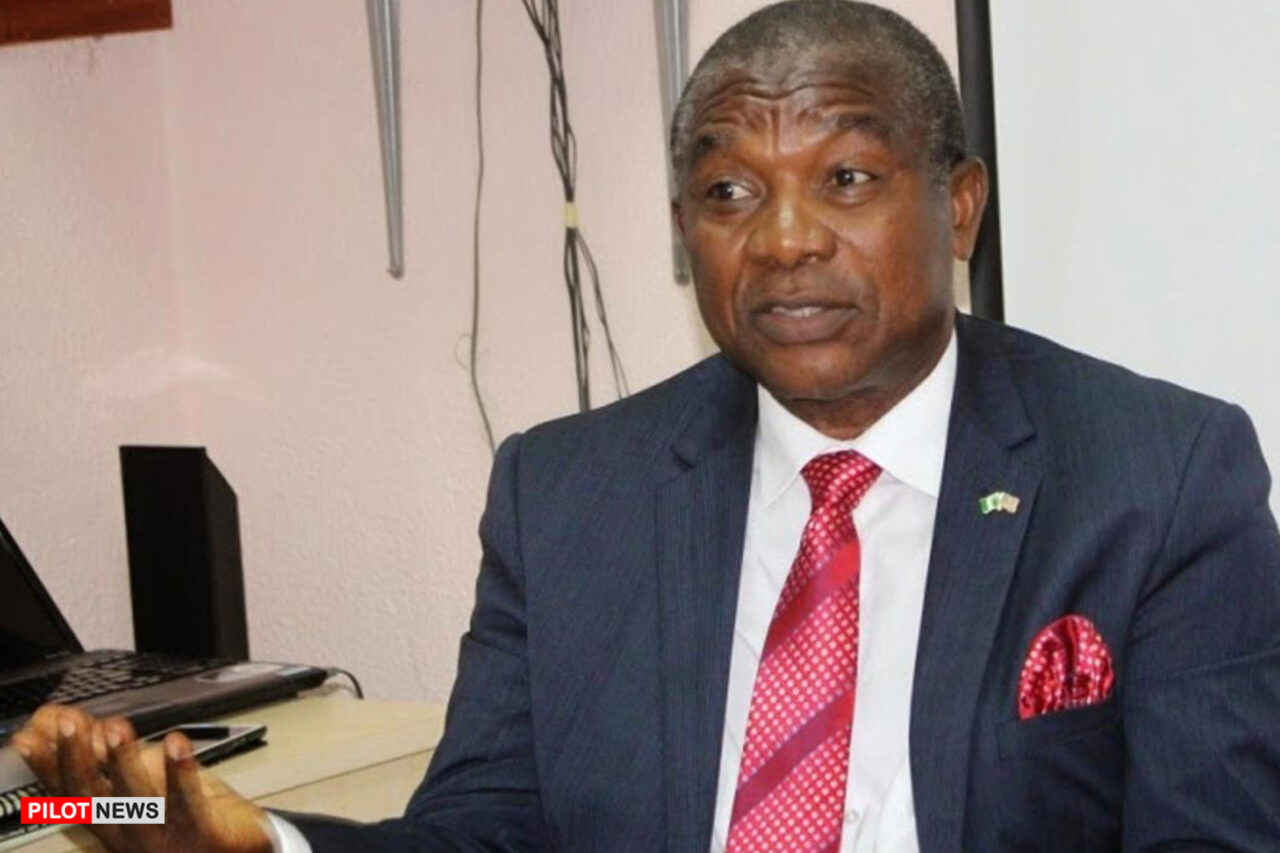The President of the Pharmaceutical Society of Nigeria, Mazi Sam Ohuabunwa, has cautioned the Federal Government to consider Nigeria’s poor electricity situation and storage facilities before procuring the COVID-19 vaccines.
The pharmacist said this in an interview with a Nigerian print media on Thursday.
In his opinion, it is best for the country to buy vaccines suitable for its existing storage facilities.
Last week, the Federal Government was reported to be expecting 100,000 doses of Pfizer/BioNTech coronavirus vaccine before the end of the month.
Ohuabunwa urged the Federal and State governments to consider other alternatives if the government has the choice.
The pharmacist recommended Oxford/Astra-Zeneca and Russia’s Sputnik vaccines, as he cautioned that it would be tough to store vaccines at minus 70 centigrade in Nigeria.
He said, “We should consider the ability to manage the logistics, to store them safely and move them from port to hospital, clinics, and pharmacists where they will be administered to the patients and Nigerians.
“What matters most is the ability to manage the logistics, especially the ability to maintain a cold chain. With this, the Pfizer vaccine may not perfectly fit into our circumstances here. If we have a choice, we should go for the Oxford/Astra-Zeneca vaccine. It is easy to maintain with the facilities we have in holding other vaccines.
“Pfizer or Modena require below zero centigrade to store. And in our country with our power situation, and the infrastructure we have, it will be a big work. It is not as if they are not durable but it is going to be tough.
“If we have a chance we should go for the Oxford/Astra-Zeneca or the one by the Russians. They can be stored at our normal temperatures, in our fridges. If we do not have a choice, we should take what we have and do our best to ensure that we keep the vaccines and biologicals alive, because heat will denature it if it is not kept at the required temperature. It will be useless.”
On the other hand, states like Ogun, Oyo and Cross River have faulted the number of COVID-19 doses allocated to them by the Federal Government.
This was disclosed by the Executive Director of the National Primary Healthcare Development Agency, Faisal Shuaib, on Tuesday last week at a press conference of the Presidential Task Force on COVID-19, adding that the country would later receive 42 million free doses of COVID-19 vaccines later in the year.
According to the data shared by NPHCDA, the distribution breakdown is as follows Kano, 3,557; Lagos, 3,131; Katsina, 2,361; Kaduna, 2,074; Bauchi, 1,900; Oyo, 1,848; Rivers, 1,766; Jigawa, 1,712; Niger, 1,558; Ogun, 1,473; Sokoto, 1,468; Benue, 1,423; Borno, 1,416; Anambra, 1,379; Kebbi, 1,268; Zamfara, 1,336; Delta, 1,306; Imo, 1,267; Ondo, 1,228; and Akwa Ibom, 1,161.
Others are Adamawa, 1,129; Edo, 1,104; Plateau, 1,089; Enugu, 1,088; Osun, 1,032; Kogi, 1,030; Cross River, 1,023; Abia, 955; Gombe, 908; Yobe, 842; Ekiti, 830; Taraba, 830; Kwara, 815; Ebonyi, 747; Bayelsa, 589; FCT, 695 and Nasarawa, 661.


